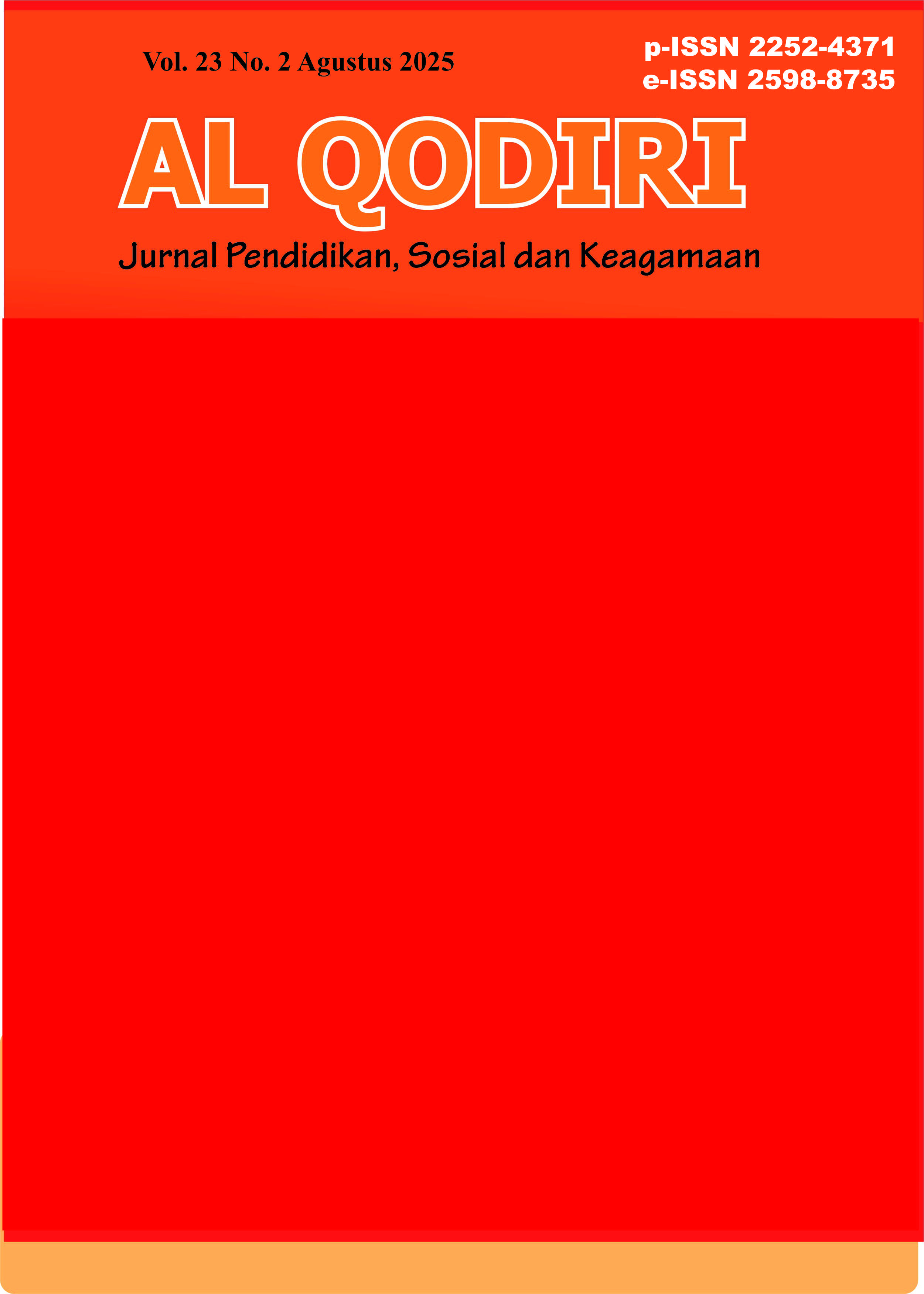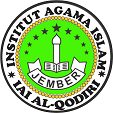Mantuq wa al-Mafhum: Pilar Epistemologis dalam Metodologi Istinbat Hukum Islam
Abstract
This article aims to examine in depth the concepts of mantuq and mafhum as epistemological pillars in the methodology of Islamic legal reasoning (istinbat), both in classical and contemporary contexts. This study employs a qualitative-descriptive approach using the library research method. Data were collected from classical works such as al-Mustashfa, al- Ihkam fi Ushul al-Ahkam, and Ushul al-Fiqh al-Islami, supported by relevant national and international scholarly journals. Data collection was conducted through documentation, followed by content and thematic analysis. The findings indicate that mantuq and mafhum are two essential components in ushul fiqh, functioning to integrate both explicit and implicit meanings derived from Islamic legal texts. Mantuq provides the literal foundation of law, while mafhum enables the rational and contextual expansion of legal meaning. These findings highlight that the integration of mantuq and mafhum is highly relevant in responding to contemporary legal dynamics in Islam, such as issues of technology, bioethics, and socio-legal developments. Therefore, the concepts of mantuq and mafhum reinforce Islamic law as a normative system that is both dynamic and adaptive to the challenges of the modern era.
Published
2025-08-19
How to Cite
Darma Fitra, J., Apris, Mahyudin Ritonga, Mursal, & Abdul Halim Hanafi. (2025). Mantuq wa al-Mafhum: Pilar Epistemologis dalam Metodologi Istinbat Hukum Islam. Al Qodiri : Jurnal Pendidikan, Sosial Dan Keagamaan, 23(2), 414-426. https://doi.org/10.53515/qodiri.2025.23.2.414-426
Section
Articles
Copyright (c) 2025 Joni Darma Fitra, Apris, Mahyudin Ritonga, Mursal, Abdul Halim Hanafi

This work is licensed under a Creative Commons Attribution-ShareAlike 4.0 International License.





